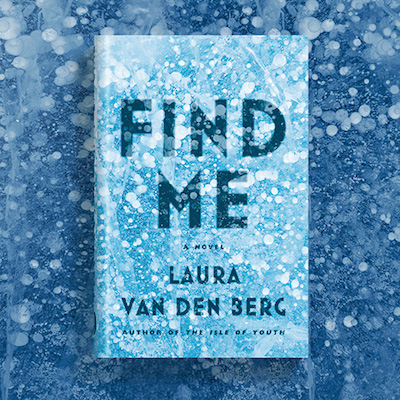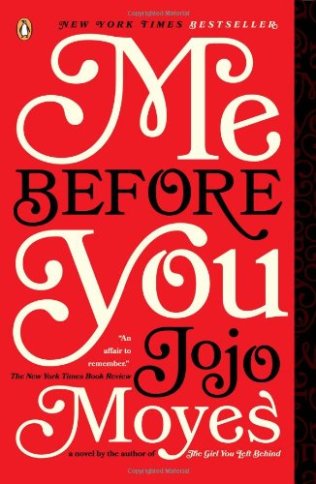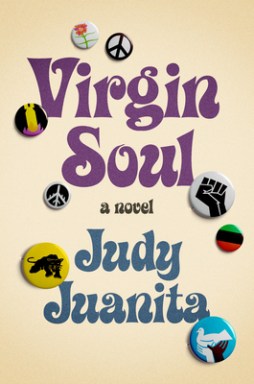
Abby Geni’s The Lightkeepers is part Area X trilogy, with a swirl of And Then There Were None. It is a bit Jon Krakauer meets Alice Seobold. The novel takes place on the Farrallon Islands, a brutal and isolated archipelago off California’s coast. Nature photographer Miranda arrives to the islands, to join a small crew of biologists already living together in a small building, dorm-style.
The islands are a strange and foreign landscape, isolated and wild, adrift from the world. The biologists are single-minded and obsessed, as one would have to be to leave society behind and become completely immersed in nature.
As with Jeff VanderMeer’s Area X trilogy, the descriptions of the natural landscape here are intoxicating, delightful, both dangerous and wondrous. Pouring rain and scabbing rocks and diving, squawking birds are ever-present. Living on the island there is no way to escape its looming, wild nature. But those that found Area X too weird will appreciate The Lightkeepers, as its struggles, however powerful and awesome they feel, are all of this earth.
Some of the struggles are natural, and some are man-made. One of this book’s messages is that we, humanity, are also part of this wild world, just like the waves beating against the rocks. I’m not sure how much of a spoiler this, as the summaries seem to mention it, but if you want to go in a bit more cold, stop reading here. Still reading? Okay. Let’s continue.
I mention Alice Seobold because Miranda is raped by one of her fellow biologists shortly after her arrival to the island, after a night of hard-drinking. Geni crafts this plot delicately, chronicling Miranda’s very intimate struggle. The external aftermath of the incident, as well as the dramatic change to Miranda’s psyche, is explored.
This isn’t a cheerful book, but if you read the blog often, you know I’m not the biggest fan of the cheerful ones. It is lonely, haunting, and powerful. It reads like a quiet dream of an alien landscape, at once totally strange but totally familiar. Read it.



